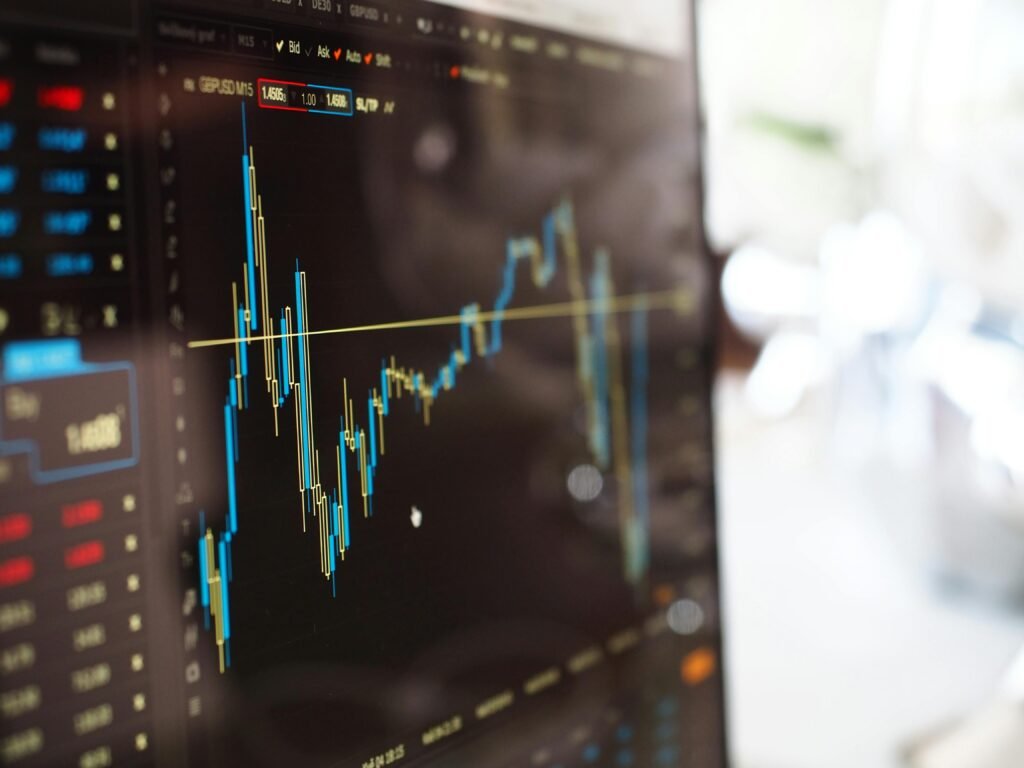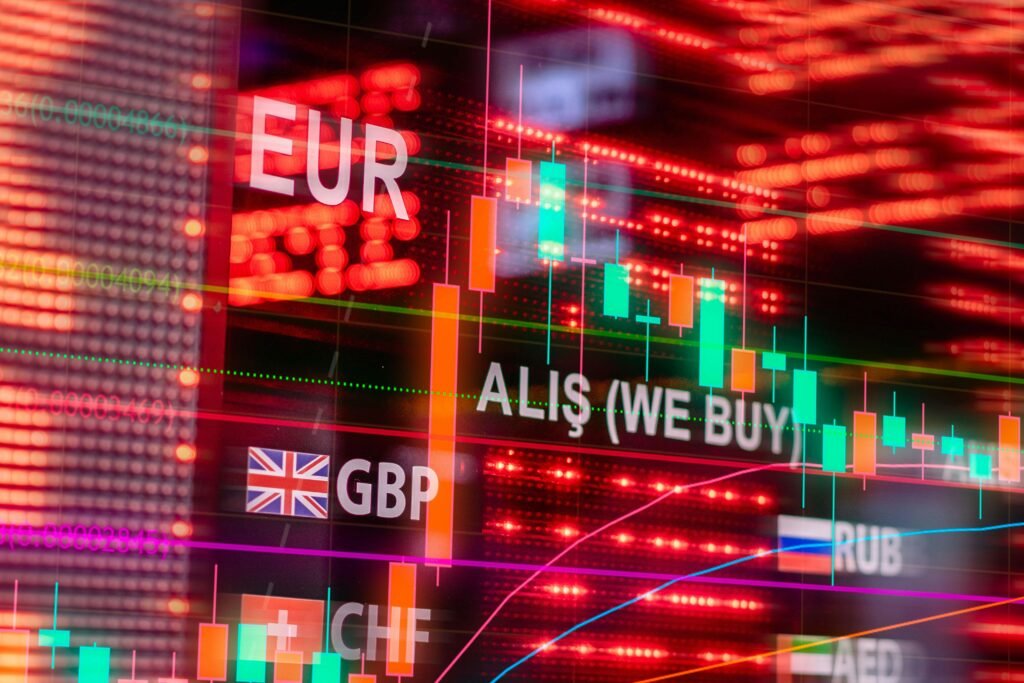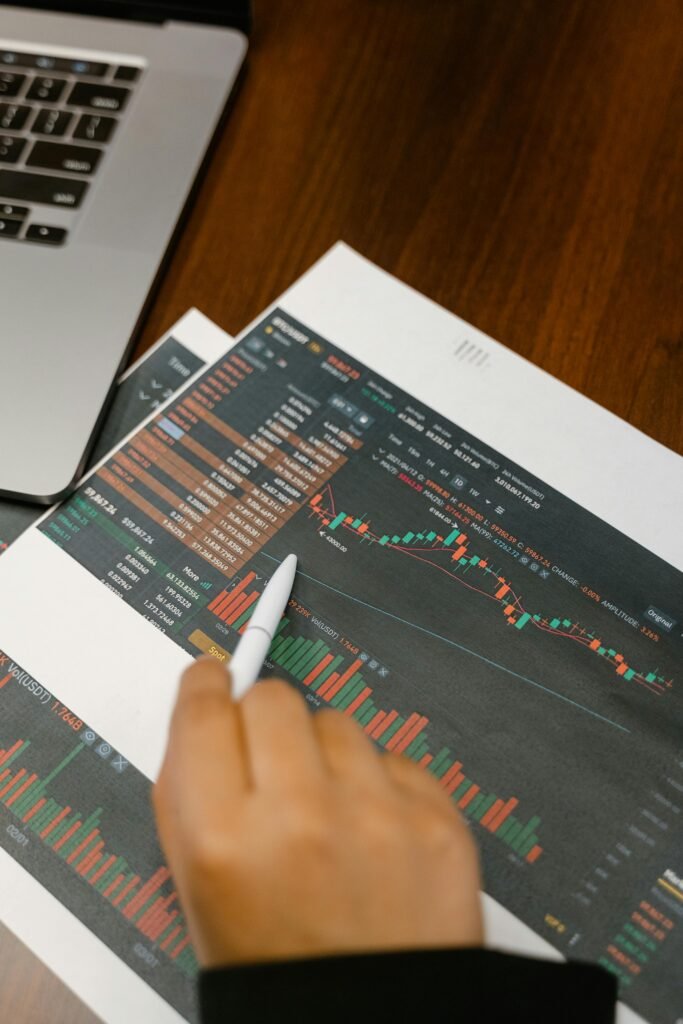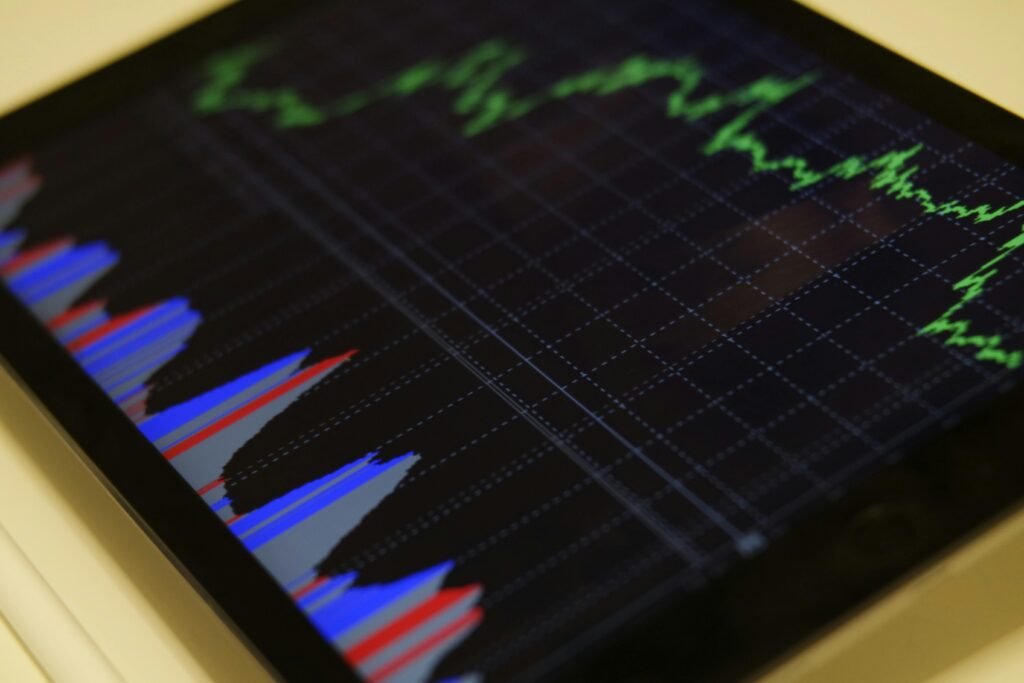Table of Contents
Introduction to the Forex Market
The forex market—also known as the foreign exchange market—is the world’s largest and most liquid financial market. This market operates 24 hours a day, five days a week, and allows currencies to be traded around the globe. The forex market is essential because it helps facilitate international trade and investments by allowing businesses and individuals to convert one currency into another. Due to its high volume and constant activity, it also offers unique opportunities and risks to investors and traders.

How Does the Forex Market Work?
The forex market works by pairing one currency against another in what’s called a “currency pair.” This market is decentralized, meaning there isn’t a single physical location where trades happen; instead, trading occurs electronically over-the-counter (OTC) across a global network. Major financial hubs like New York, London, Tokyo, and Sydney enable the market to operate continuously. For example, if you trade the EUR/USD currency pair, you’re speculating on the value of the euro relative to the US dollar.
Key Players in the Forex Market
Several major players participate in the forex market, each with unique motives. Central banks, for example, often trade to stabilize or adjust their country’s currency value. Financial institutions like banks and hedge funds use the forex market to speculate on currency movements or hedge against currency risks. Finally, individual traders and investors also play a significant role, often motivated by the market’s accessibility and potential for profit.

Major Currency Pairs in the Forex Market
In the forex market, certain currency pairs, known as “majors,” are widely traded and offer high liquidity. Major pairs include EUR/USD, USD/JPY, GBP/USD, and USD/CHF. These pairs are popular due to the stability and strength of the economies they represent. Minor pairs and exotic pairs are also available but generally have lower trading volumes and higher volatility, making them more challenging for beginners.
Forex Market Hours: When is the Best Time to Trade?
The forex market operates across different time zones, with trading sessions in Tokyo, London, New York, and Sydney. Each session has peak trading hours, and activity spikes when two sessions overlap, such as the London-New York overlap. Generally, the best times to trade are when volatility and liquidity are highest, allowing for smoother and faster trades. Traders often plan their schedules around these overlaps to maximize trading opportunities.

Analyzing Trends in the Forex Market
Understanding trends is crucial for making informed decisions in the forex market. Traders use two main types of analysis: fundamental analysis, which examines economic indicators, and technical analysis, which focuses on price movements and patterns. Economic data like GDP reports, employment statistics, and interest rates influence currency values, while technical indicators such as moving averages and support/resistance levels help predict price trends.
The Role of Leverage in Forex Trading
Leverage is a unique feature of the forex market that allows traders to control large positions with relatively little capital. For example, with 100:1 leverage, a trader could control $100,000 with just $1,000. While leverage can amplify gains, it also increases the potential for significant losses, making risk management essential. Traders need to be cautious with leverage and only use what they can afford to lose.

Risk Management in the Forex Market
Due to the volatility of the forex market, risk management is critical for protecting investments. Common techniques include setting stop-loss orders, which automatically close a trade at a predetermined loss level, and only risking a small percentage of total capital on each trade. Successful forex traders also emphasize consistency and avoid emotional decision-making, which helps mitigate potential losses.

Choosing a Forex Broker
Selecting the right broker is vital for success in the forex market. Key factors to consider include regulatory status, fees, trading platforms, customer support, and account types. Reliable brokers are transparent about their operations, registered with regulatory bodies, and offer robust trading platforms. By doing thorough research, traders can find a broker that aligns with their trading needs and goals.
Future Trends in the Forex Market
As technology advances, the forex market continues to evolve. Recent trends include the rise of automated trading, where traders use algorithms and bots to make trades on their behalf. The influence of cryptocurrencies and digital assets is also growing, with many forex brokers now offering cryptocurrency trading options. Additionally, artificial intelligence and machine learning are expected to play a larger role in analyzing market data and predicting trends.

Conclusion: Exploring Opportunities in the Forex Market
In conclusion, the forex market presents an exciting array of opportunities for traders worldwide. With the right knowledge, strategy, and risk management approach, individuals can tap into the market’s potential. However, it’s essential to understand the risks and complexities involved and to continually educate oneself on best practices and market trends. Whether you’re new to forex trading or looking to expand your skills, the forex market offers a unique and dynamic environment for growth.

Trading in the forex market involves a high level of risk and may not be suitable for all investors. The leverage associated with forex trading can lead to significant gains, but it also increases the potential for substantial losses. It is essential to thoroughly understand the risks involved before engaging in forex trading. Past performance is not indicative of future results, and no information provided in this article should be interpreted as investment advice. You should carefully consider your financial objectives, level of experience, and risk appetite, and seek advice from an independent financial advisor if necessary. Forex trading involves the risk of losing more than your initial investment, and you should only trade with capital that you can afford to lose.
1. What is the forex market and how does it work?
The forex market, or foreign exchange market, is where currencies are traded. It’s a global marketplace open 24 hours a day, five days a week, where people and institutions exchange one currency for another. The market operates through a network of banks and brokers and doesn’t have a central physical location. Prices fluctuate based on economic indicators, political events, and market demand, and traders make profits by predicting these changes.
2. What are major currency pairs in the forex market?
Major currency pairs in the forex market are those that involve the US dollar paired with other strong global currencies, like the euro, Japanese yen, British pound, and Swiss franc. Common major pairs include EUR/USD, USD/JPY, GBP/USD, and USD/CHF. These pairs tend to have high liquidity and are widely traded due to the stability of the economies involved.
3. How can beginners start trading in the forex market?
Beginners can start in the forex market by educating themselves on the basics of currency trading and market analysis. Opening a demo account with a reputable broker is a good first step, as it allows beginners to practice trading with virtual funds before risking real money. Learning about risk management, using stop-loss orders, and starting with small amounts are also key strategies to minimize potential losses as they gain experience.
4. What are the main risks associated with forex trading?
The forex market is highly volatile, and prices can fluctuate rapidly, leading to potential losses. Leverage, while allowing traders to control larger positions with less capital, can amplify losses as much as it can increase gains. Additionally, unregulated brokers or scams can pose risks, so choosing a reliable broker and having a sound risk management strategy is essential to mitigate these dangers.
5. Can forex trading be profitable?
Yes, forex trading can be profitable, but it requires a deep understanding of the forex market, good analytical skills, and effective risk management. Consistency and discipline are essential for long-term success. While some traders achieve significant profits, many also face losses, especially when starting out. Success in forex trading depends on a combination of market knowledge, strategy, and ongoing education.
